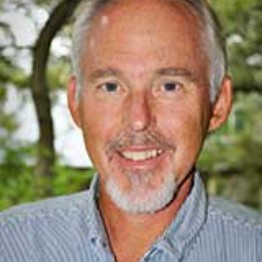I entered the lunchtime lecture a bit late.
The seminary’s director for the wellness program was completing his introduction to this semester’s emphasis on relationship wellness. He didn’t need to introduce the speaker for this mini-lecture. Most of the people assembled were gathered because of their admiration for Professor Nathan Jennings.
Jennings is the icon of the professor who loves his subject almost as much as he loves his students. He stands before his audience as a master dance instructor coaxing his students to let go and enjoy. Cajoling humorously, he assures us that he will be gentle. We begin our dance with heavy theology that sets the foundation for why human beings need to be in relationship.
Nathan approaches the white board and begins to fill it with words from theology and philosophy. Some of the words are greek and others are latin. We hear the names of Aristotle and Plato and how they framed the study of being (ontology) and the study of God (theology). He informs us of a problem that few of us knew ever existed. The philosophers had put being before God in the order of their logic by saying that God is a being.
Professor Jennings says this with such passion that the audience actually shows visible signs of being disturbed. People stop eating salads and sandwiches. Some take notes furiously. I see furrowed brows and expressions that seem to say, “Well that can’t be right. God must come first, even before being.”
In the next twenty minutes Professor Jennings introduces us to the Eastern Orthodox theologian Zizoulas and his book Being as Communion. In this book, the author begins with God as the logical beginning and relies more on scripture and less on Plato and Aristotle to show that if we start with God who is trinity, we find that communion, or fellowship is crucial to our being. How exciting to think that the essence of God is relationship and that the more intimate our relationships are the more real (or Godlike) we become. Nathan referred to the Velveteen Rabbit who by the end of the story is a wreck of a stuffed bunny but had become real by being loved so much. Professor Jennings had us imagine that the church could be a group that helps us become increasingly real or actualized. And he imagined that the end of the world is the point at which we become really real in intimate communion with each other and with God. I get the image of a rag tag group of velveteen rabbits entering into the love of this relational God.
I left the room in awe and heard others say, “Wow! Wasn’t that amazing?” As I entered back into my routine, several thoughts stayed with me.
I gave thanks that I could be in a community that talks so deeply and intelligently about God.
Yes, I gave thanks for Nathan and others who are so devoted to their area of study in the academy and share their musings with the rest of us. But mostly I was very grateful to be part of a graduate program that teaches future counselors within a community that is shared with theologians, church historians and Biblical scholars.
After this short lecture, I have a renewed sense of meaning for my work as a counselor that by helping people with their relationships, I am helping them become more real.
That lecture probably won’t change how I help clients but it makes me love even more what I do.


